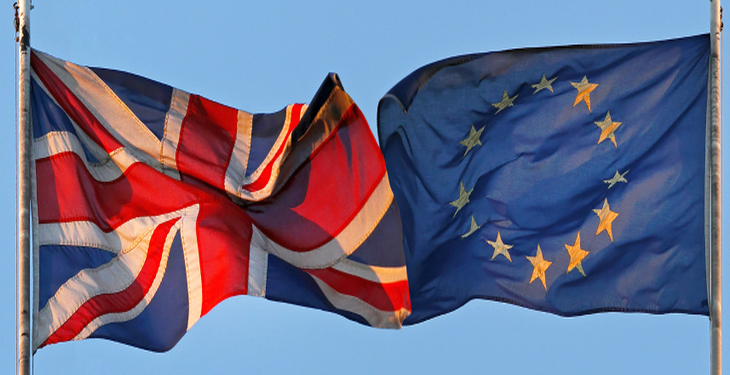Leave camp won by 52% to 48%, with England and Wales voting strongly for Brexit, while London, Scotland and Northern Ireland backed staying in the EU.
The pound fell to its lowest level against the dollar since 1985 as the markets reacted to the results. Britain’s FTSE 100 lost over 6% in the first hours of trading on the London Stock Exchange.
Britain would be the first country to leave the EU since its formation – but a leave vote will not immediately mean Britain ceases to be a member of the 28-nation bloc.
That process could take a minimum of two years, with Leave campaigners suggesting during the referendum campaign that it should not be completed until 2020 – the date of the next scheduled general election.
The prime minister will have to decide when to trigger Article 50 of the Lisbon Treaty, which would give the UK two years to negotiate its withdrawal.
Once Article 50 has been triggered a country can not rejoin without the consent of all member states.
David Cameron has previously said he would trigger Article 50 as soon as possible after a leave vote, but Boris Johnson and Michael Gove who led the campaign to get Britain out of the EU have said he should not rush into it. But they also said they want to make immediate changes before the UK actually leaves the EU, such as curbing the power of EU judges and limiting the free movement of workers, potentially in breach the UK’s treaty obligations.
The government will also have to negotiate its future trading relationship with the EU and fix trade deals with non-EU countries. In Whitehall and Westminster, there will now begin the massive task of unstitching the UK from more than 40 years of EU law, deciding which directives and regulations to keep, amend or ditch.
Central and Eastern Europeans would lose a powerful ally, considers politico.com’s Sara Stefanini as he U.K. was often an energy outlier in the EU, advocating nuclear power and shale gas sources shunned by others. UK also was a player always ready to build alliances broadly aimed at keeping interference from Brussels to a minimum. On the other hand, Brexit could also give London far more freedom to pursue nuclear projects. In respect with the environment targets , an non-EU U.K. might raise its own targets beyond the EU’s goals. But on the other, it could weaken the EU’s position.
Silke Goldberg, from Herbert Smith Freehills, explain that in the immediate future it would be very unlikely to see any major changes to the current systems and regulation. Any exit would take a significant amount of time to negotiate and plan and the EU and the UK would have to decide how access to each other’s energy markets would continue, if at all. Significant changes to the current interconnection arrangements may have a negative impact on UK energy security as the UK is a net importer of electricity. In addition, the UK would have to decide whether to continue to adopt EU-wide electricity regulation or to develop its own set of policies. As regards the UK Continental Shelf, the UK would have to decide whether to continue to apply the various EU Directives relating to oil and gas or whether to develop its own domestic policies. EU companies that have investments in UK waters could find themselves subject to two different regulatory regimes if the UK decides to develop its own regulatory framework. Finally, there would be significant long-term funding implications for new projects if access to European Investment Bank loans would be cut off.
